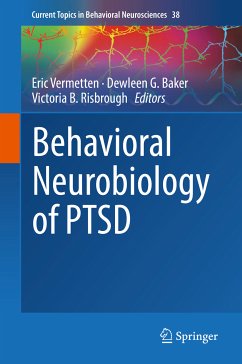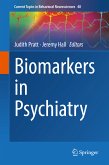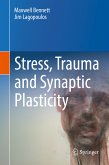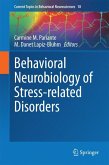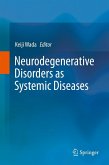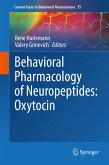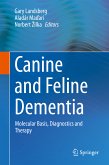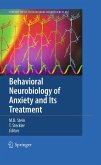This volume focuses on the behavioral neuroscience that supports our understanding of the neurobiology of trauma risk and response. The collection of articles focuses on both preclinical and clinical reviews of (1) state-of-the-art knowledge of mechanisms of posttraumatic stress disorder (PTSD) and co-occurring disorders, (2) the biological and psychological constructs that support risk and resiliency for trauma disorders, and (3), novel treatment strategies and therapeutics on the horizon
Dieser Download kann aus rechtlichen Gründen nur mit Rechnungsadresse in A, B, BG, CY, CZ, D, DK, EW, E, FIN, F, GR, HR, H, IRL, I, LT, L, LR, M, NL, PL, P, R, S, SLO, SK ausgeliefert werden.

